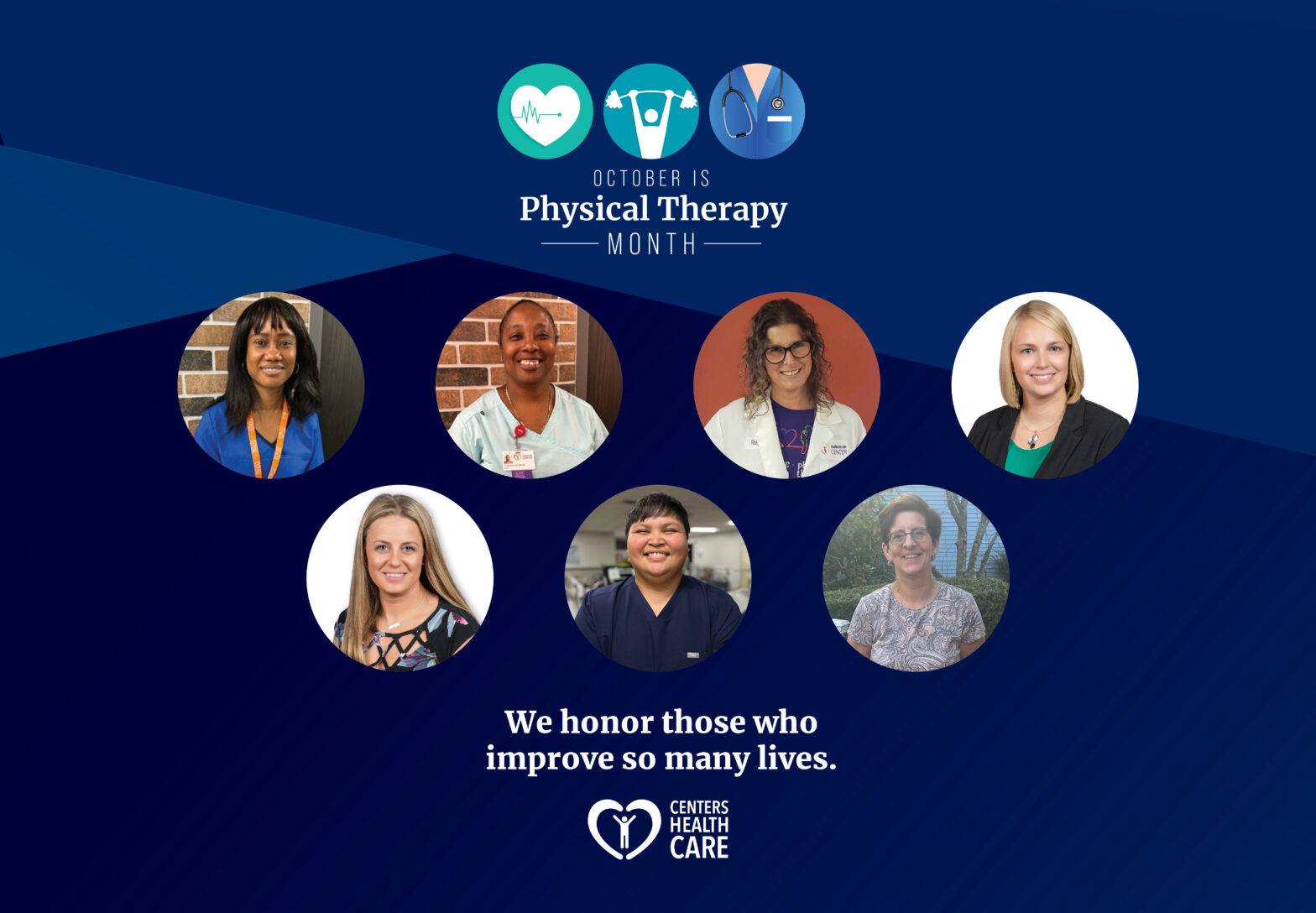November 03, 2022
4 Features to Look for When Buying an Over-the-Counter Hearing Aid

Over the summer in 2022, the U.S. Food and Drug Administration (FDA) approved the sale of hearing aids over the counter. This makes the devices affordable to many more Americans who may not have otherwise been able to afford a medical exam, a prescription, or a fitting. In fact, the FDA says that 30 million adults in the U.S. can benefit from a hearing aid.
But with consumers on their own, they may not know what to look for in a quality hearing aid that is available in stores like pharmacies and online.
CHC has a look at four things you should know before you go shopping for an OTC hearing aid.
- Specific Wording for Hearing Aids on the Package
Noise amplifiers have been on the market and sold over the counter for years. What you’re looking for is the term “over-the-counter hearing aid.” This means that it’s a product approved by the FDA as a hearing aid for medical uses.
- Smartphone Compatibility
Most OTC hearing aids will require you to download an app on a smartphone to operate it. If you do not have a smartphone, make sure you find one that can work independently of one. In addition, some only work with Apple (iOS) or Android phones.
- Longer Return Policy, the Better
It may take several weeks for your brain to adjust to a hearing aid before it works optimally. Because of that, you’ll want to look for a product with a return policy of no fewer than 30 days.
- How It’s Powered
Some OTC hearing aids are battery-powered, while others are rechargeable. If you’re diligent about recharging, this would be the better option since you wouldn’t have to purchase and then replace batteries, but you need to be good about charging them frequently. A hearing aid should have enough charge to work for the entire part of the day that you’re awake.
A final note: hearing aids widely available both online and in retail pharmacies are recommended for mild to moderate hearing loss. For severe cases, a visit to an audiologist is still recommended.


